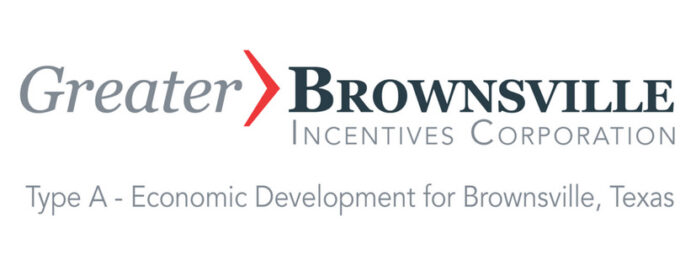The Brownsville City Commission voted unanimously during its Dec. 1 regular meeting to remove all seven members of the Greater Brownsville Incentives Corporation board.
The commission is responsible for appointing and removing GBIC board members. GBIC is a Type A economic development organization funded by 25 percent sales tax and focused on promoting industrial development in the Brownsville-Matamoros region. It is led by Executive Director Mario Lozoya who oversees a staff of three. GBIC is headquartered at 500 E. St. Charles St.
Brownsville Mayor Trey Mendez declined to discuss specific reasons for the commission’s vote, but issued a statement saying “the commission has prioritized the economic development of our great city and this action should be seen as a step forward toward that goal. More details will come soon. However, for the time being the commission will be looking at next steps to fill the board and continue with the positive momentum that is occurring in various other boards and departments.”
Graham Sevier-Schultz, GBIC board chairman until Tuesday’s commission vote, said he would prefer to continue serving on the board in order to help make decisions benefitting the city, and that he’s enjoyed the experience over the last 20 months or so being appointed, but that he doesn’t take the city commission’s move personally.
“I don’t think it’s an unfair action on behalf of the commission,” he said. “It’s totally within their bounds to do so and I understand their perspective. If you look at it from like city management or even the perspective that an economist would take, the organization has been leaving some progress on the table.”
Sevier-Schultz suggested that not all board members were necessarily “on the same page” and that the board wasn’t being presented with economic development ideas to take action on.
The other GBIC board members are Pedro Cardenas, Sandra Duran, Esteban Guerra, Dennis Sanchez, Nico Schaefer and Jason Wolfe.
GBIC has a lot of potential that wasn’t quite being met,” Sevier-Schultz said. “It’s tough when you see an economic development corporation that has a $13 million fund balance and you aren’t really running any projects that are successful and you aren’t really collaborating. As a board member it’s frustrating.”





